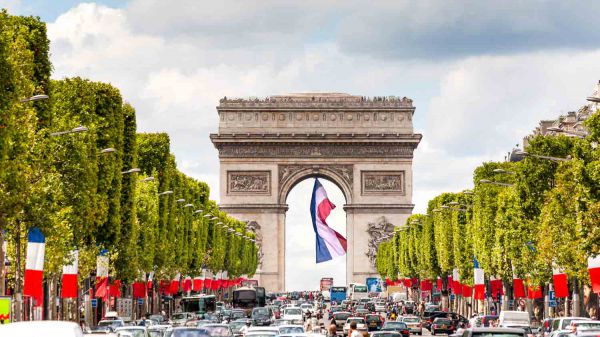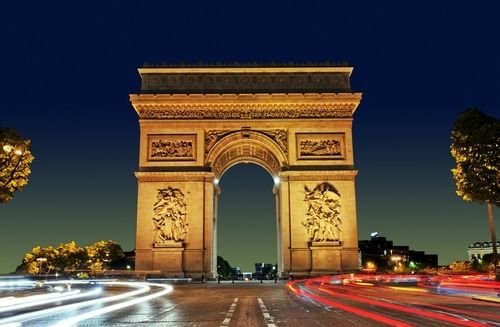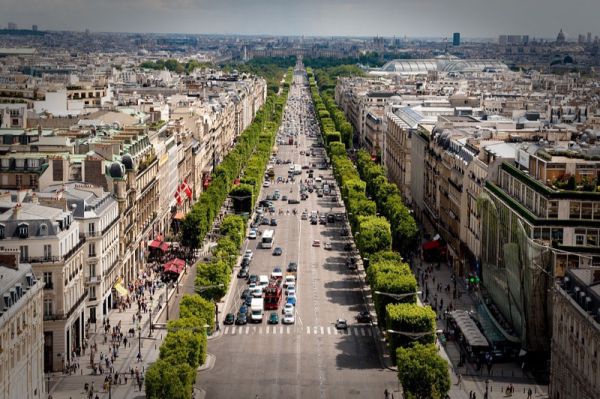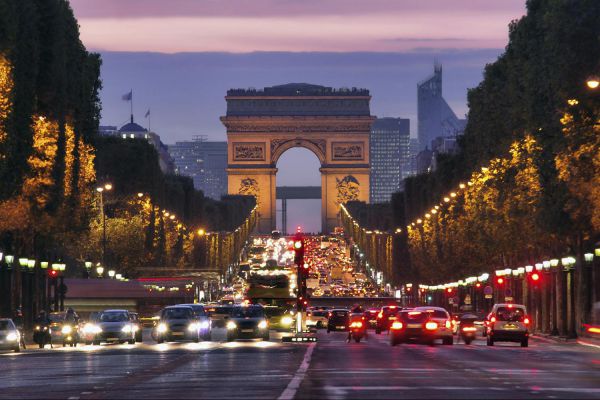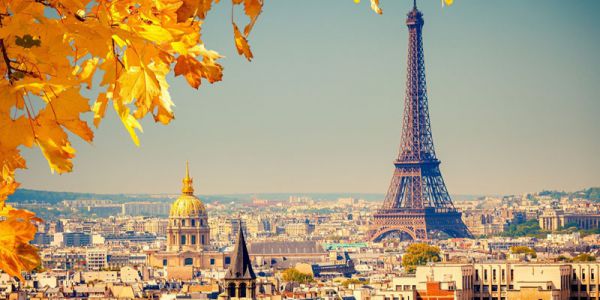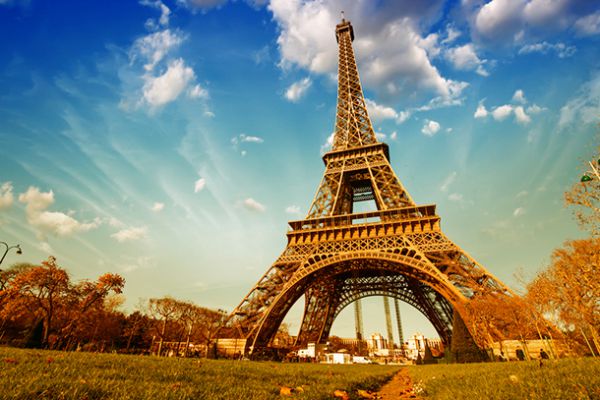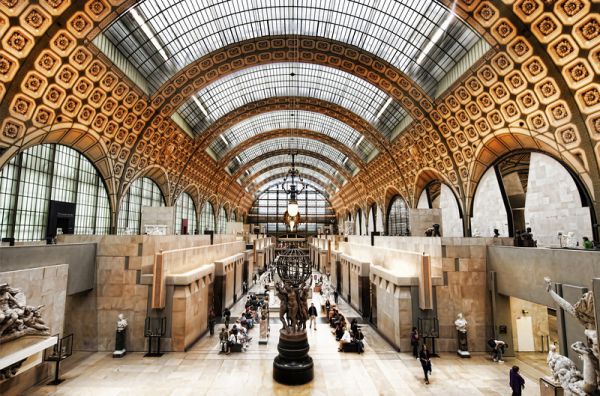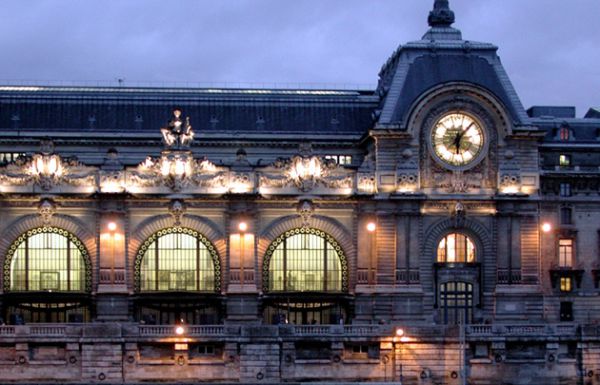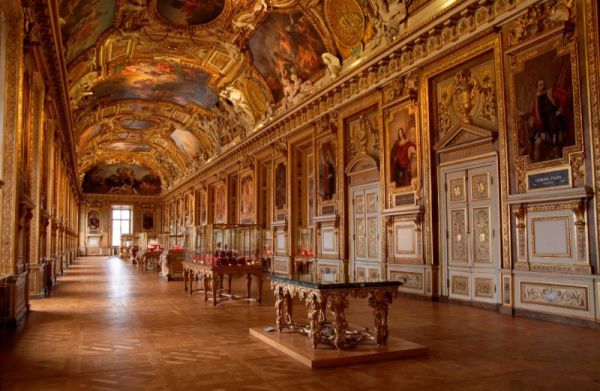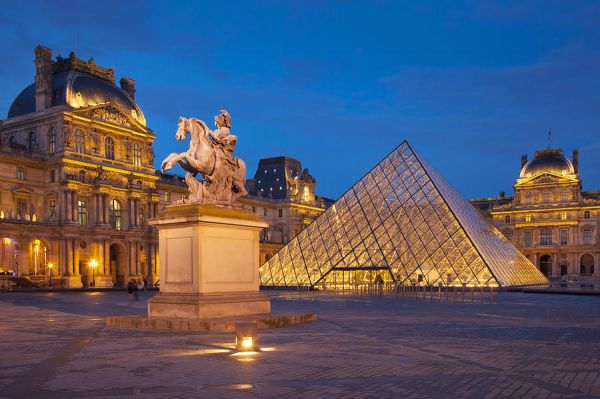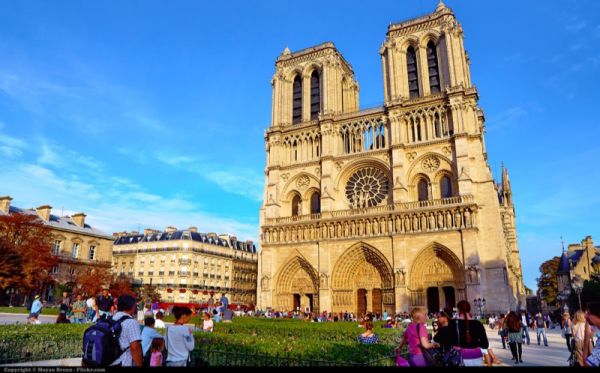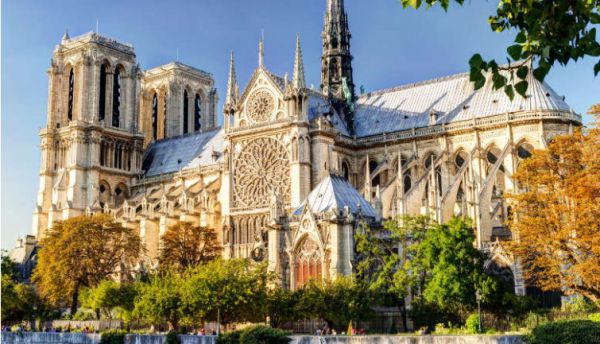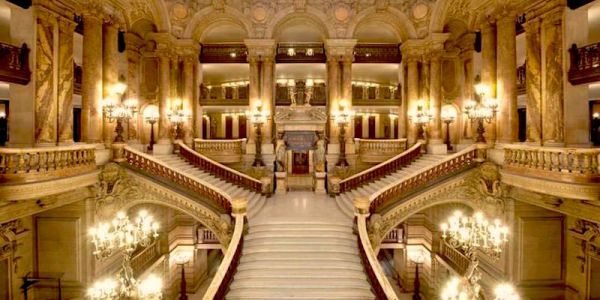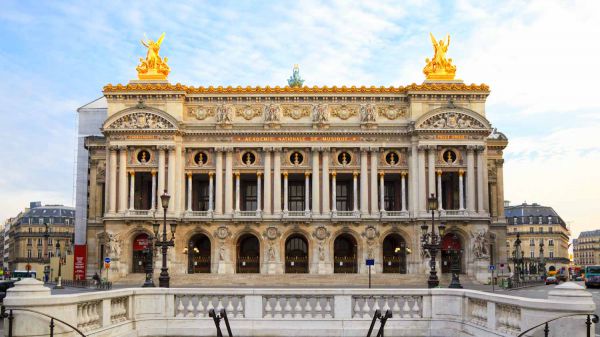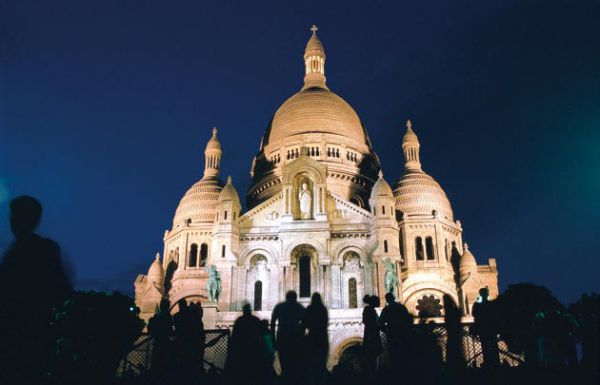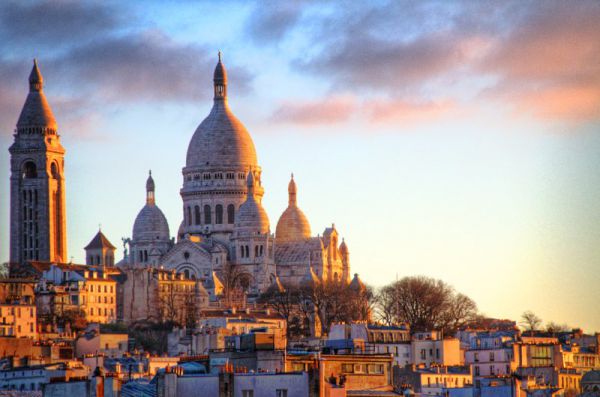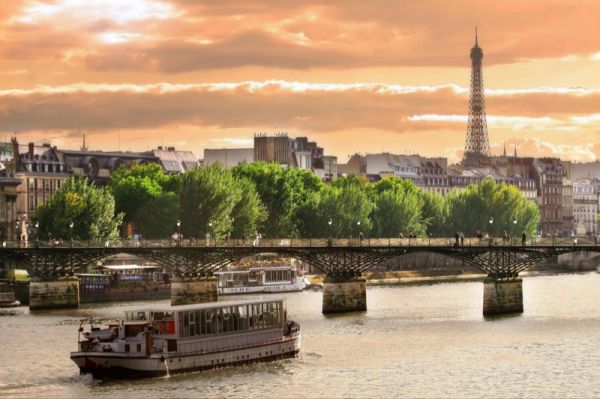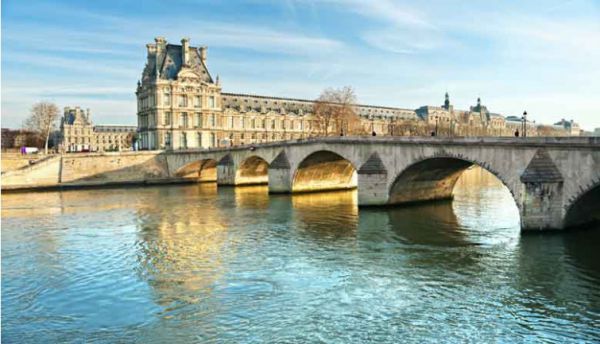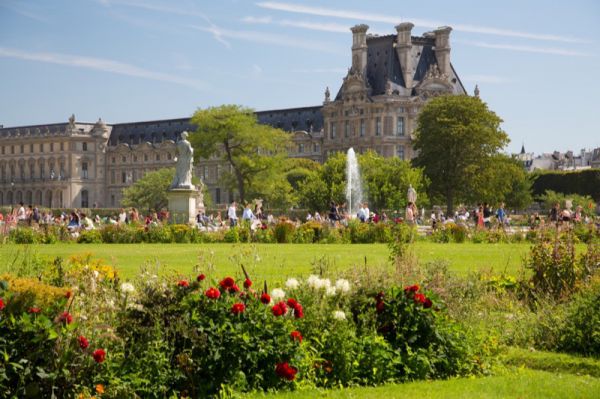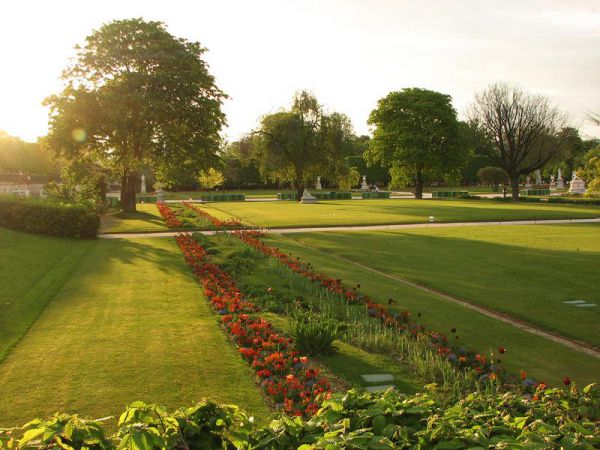The Arc de Triomphe de l'Étoile, Triumphal Arch of the Star) is one of the most famous monuments in Paris, standing at the western end of the Champs-Élysées at the center of Place Charles de Gaulle, formerly named Place de l'Étoile — the étoile or "star" ...
The Avenue des Champs-Élysées is an avenue in the 8th arrondissement of Paris, 1.9 kilometres long and 70 metres wide, running between the Place de la Concorde and the Place Charles de Gaulle, where the Arc de Triomphe is located.
The Eiffel Tower is a wrought iron lattice tower on the Champ de Mars in Paris, France. It is named after the engineer Gustave Eiffel, whose company designed and built the tower.
The Musée d'Orsay is a museum in Paris, France, on the left bank of the Seine. It is housed in the former Gare d'Orsay, a Beaux-Arts railway station built between 1898 and 1900.
The Louvre or the Louvre Museum is the world's largest museum and a historic monument in Paris, France. A central landmark of the city, it is located on the Right Bank of the Seine in the city's 1st arrondissement.
Notre-Dame de Paris, also known as Notre-Dame Cathedral or simply Notre-Dame, is a medieval Catholic cathedral on the Île de la Cité in the fourth arrondissement of Paris, France.
The Palais Garnier is a 1,979-seat opera house, which was built from 1861 to 1875 for the Paris Opera.
The Basilica of the Sacred Heart of Paris, commonly known as Sacré-Cœur Basilica and often simply Sacré-Cœur, is a Roman Catholic church and minor basilica, dedicated to the Sacred Heart of Jesus, in Paris, France.
By day or by night, enjoy an hour's cruise on the River Seine to rediscover the full splendour of the river banks and monuments of Paris
The Tuileries Garden is a public garden located between the Louvre Museum and the Place de la Concorde in the 1st arrondissement of Paris.

